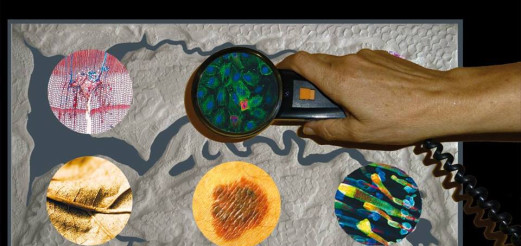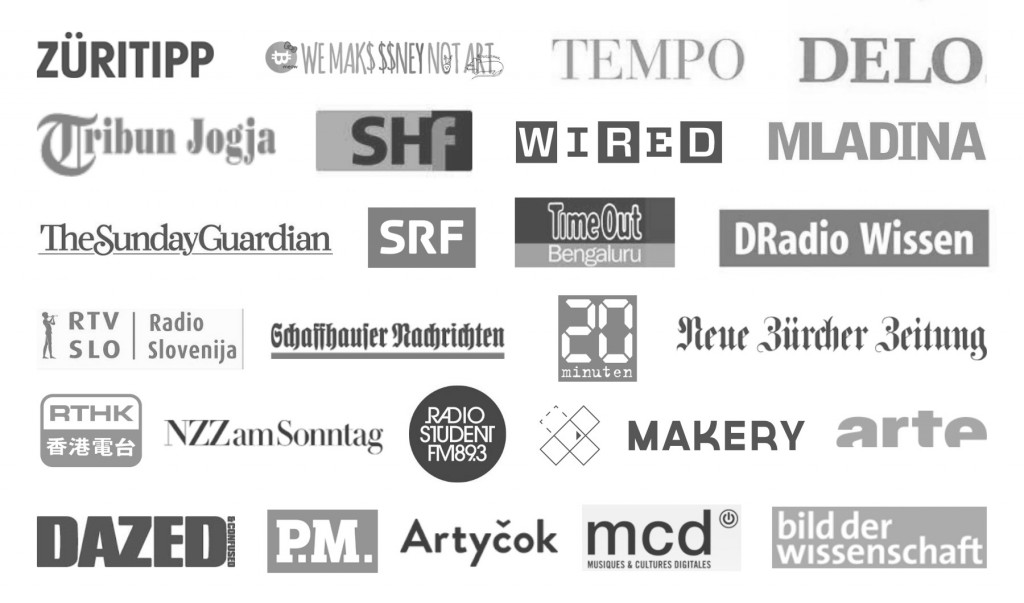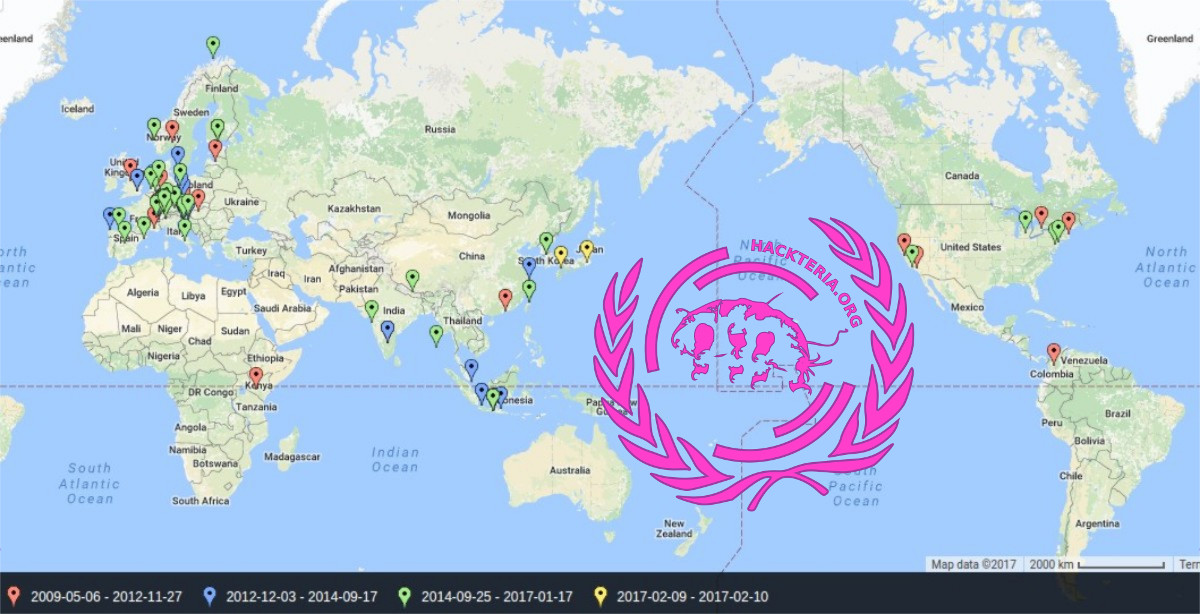
The HSC – Hackteria Swiss Curriculum, a series of talks/presentations aiming to discuss openly the multitudes of bio art | sci | tec and related practices is a cooperation of Hackteria and Corner College, Kochstrasse 1, 8004 Zürich. Find map here.
See our upcoming activities on the wiki
HSC#6: Redesigning Nature
Date: 27.11.2014 – 20h
Main Speaker: Jill Scott (AUS/CH) – Professor for Art and Science Research, ZHDK
Additional Guest: Christoph Kueffer (CH) – Integrated Biology Department, ETHZ
Moderator: Boris Magrini (CH), curator and art historian
Climate change, urbanization, invasive species, or ecosystems eutrophication are causing fundamental anthropogenic changes. Increasingly ecologists are assuming that ecosystems need to be adjusted through targeted new design concepts to deal with these changes. Concepts such as ecological design, intervention ecology, re-wilding, resurrection ecology or assisted migration, reconciliation ecology are new terms that propagate interests in various forms of re-designing nature. Artists main aim is still to conserve biodiversity and ecosystem services but do other aims also exist? How are artists and designers representing the changing relationships between humans and “nature” today? What is the definition of “nature” in the future and what do scientists need to know about design and communication to cause more post reflection or share definitions about the future of “nature” with the general public?
Klimawandel, Urbanisierung, invasive Arten, oder Eutrophierung verändern Ökosysteme fundamental. Zunehmend gehen Ökologen davon ausgehen, dass Ökosysteme durch gezielte Neu- Gestaltung an diese anthropogene Veränderungen angepasst werden müssen. Konzepte wie ‚ecological design’, ‚intervention ecology’, ‚re-wilding’, ‚resurrection ecology’, ‚assisted migration’ oder ‚reconciliation ecology’ propagieren verschiedene Formen des Re-designs der Natur zur Erhaltung von Biodiversität und Ökosystemdienstleistungen. Gemeinsam mit einer Professorin für interaktive Kunst und Wissenschaftskommunikation analysieren wir diese neuen Vorstellung der Beziehung vom Menschen zur Natur, vergleichen diese mit aktuellen Arbeiten von Künstlern zum Thema, und diskutieren Fragen wie: Welche Natur wollen wir in Zukunft? Welche Kommunikationsformen sind geeignet, um als Wissenschaftler gemeinsam mit der Bevölkerung Zukunftsvisionen der Naturgestaltung zu verhandeln?
Prof. Dr. Jill Scott
Professor for Art and Science Research – Institute for Cultural Studies – ZHDK, Zurich University of the Arts
Jill Scott is Professor for Art and Science Research in the Institute Cultural Studies in the Arts, at the Zurich University of the Arts (ZhdK) in Zürich and Founder of the Artists-in-Labs Program, which places artists from all disciplines into physics, computer, engineering and life science labs to learn about scientific research and make creative interpretations. She is also Vice Director of the Z-Node PHD program on art and science at the University of Plymouth, UK – a program with a cluster of artists who are focused on issues in the natural sciences. Her artwork spans 38 years of production about the human body, behaviour and body politics, but in the last 10 years she has focused on the construction of interactive mediated sculptures based on studies she has conducted in collaboration with neuroscience labs at the University of Zurich. These include-artificial intelligent skin at the Artificial Intelligence Lab, human eye disease and cognitive interaction in Neurobiology, nerve damage in relation to UV radiation at the Dermatology Lab the development of neural networks in the pre-natal stage at The Institute of Molecular Life Sciences. Currently, she is working on a new project called Aural Roots about the neural system of hearing, inspired by a residency with neuroscientists at SymbioticA, University of Western Australia. Her recent publications include: Neuromedia: Art and Science Research together with Esther Stöckli (2012), The Transdiscourse book series: Volume 1: Mediated Environments (2011), Artists-in-labs: Networking in the Margins (2011) and Artists-in-labs: Processes of Inquiry (2006).
http://www.jillscott.org/
http://artistsinlabs.ch/
http://www.z-node.net/
Dr. Christoph Kueffer
Institute for Integrative Biology – Lecturer in Plant and Global Change Ecology – ETH Zurich
Christoph Kueffer`s interests at the Institute for Integrative Biology ETHZ, are based on the Ecology of the Anthropocene, Designer Ecosystems for Biodiversity Conservation, Ecological Risks such as Invasive Species, Ecology of Mountains and Oceanic Islands, Transdisciplinarity. He is Co-chair of the Swiss Environmental Humanities group, a new interdisciplinary research field that explores environmental issues through the methods and insights of the humanities from a historical, social, philosophical, and cultural perspective in order to offer fresh perspectives for addressing and understanding complex environmental problems. His own specialisation is about the complexities of rapidly changing ecosystems, the integration of field ecology, the construction of controlled experiments as well as the theoretical and meta-analysis of large datasets by conducting comparative research across multiple sites worldwide. He is particularly interested in invasive species, vegetation change in mountains, biodiversity conservation and novel ecosystems on oceanic islands, and coffee agroforestry.
Links
http://www.geobot.umnw.ethz.ch/staff/kueffer
www.eh.saguf.ch


















It‘s quite in here! Why not leave a response?